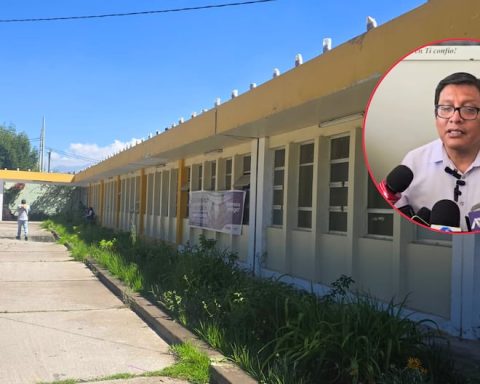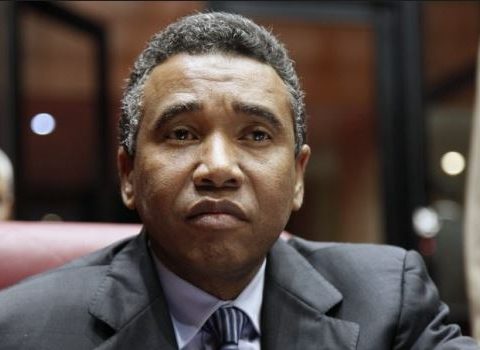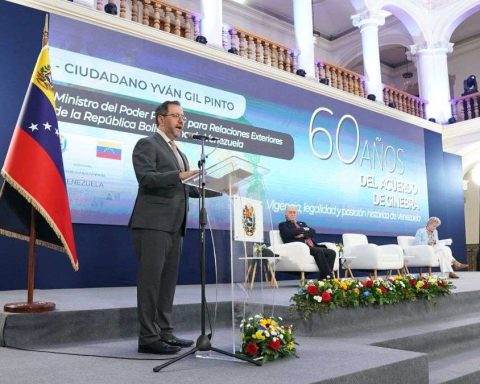Popular communicator Rene Silva demanded today (3), during the 13th Biennial of the National Union of Students (UNE), that the federal government develop policies to strengthen community media. He considers that the news in the mainstream press contributes to the dissemination of a very stereotyped picture of the peripheries.
“This happens with favelas, with quilombola communities, with indigenous villages. When the community can portray itself, it breaks stereotypes”, he says. Born in Complexo do Almeão, Rene Silva founded the newspaper Voz das Comunidades in 2005 and is its editor-in-chief. In 2018, he was appointed in award granted by the international organization MIPAD as one of the 100 most influential black people under 40 in the world.
A supporter of President Luiz Inácio Lula da Silva during last year’s elections, he was the one who presented the then candidate with a CPX cap during a campaign event in Complexo do Alemão. The episode gained repercussions after then-President Jair Bolsonaro and his followers disseminated false information associating the acronym with criminal organizations. CPX is an abbreviation for Complexo de Favelas.
Rene Silva points out that advances in the agenda of the democratization of communication depend on the government’s interest. “Most of the time, even in progressive governments, investment in the area of publicity never reaches community media, independent media”, he lamented.
Although he criticizes the coverage of communities, Rene points out that the mainstream media plays an important role for democracy when it fights misinformation and crimes committed through social networks. However, the popular communicator considers that new legislation is needed to face the current situation. “We also need a more serious policy and stricter laws for people who commit crimes by spreading fake news through social media.”
Imaginary
Considered the largest student festival in Latin America, the UNE Biennial features a program of cultural activities and debates on art, education, politics and science. Rene Silva participated in a table that discussed the construction of Brazilian identity, alongside the Minister of Racial Equality, Anielle Franco, who highlighted the importance of affirmative action policies for black students.
The table was also attended by former UNE president Lucia Stumpf. She headed the entity between 2007 and 2009. Currently a researcher of historical and artistic images and professor at the University of São Paulo (USP), Lucia pointed out that the images present in history books and museums make us imagine a country that does not represent the people.
“The consecrated image about our Independence presents that white hero with his sword basically raised, stating that Brazil was now a free and independent country. It is a scene that erases the struggle of Brazilian men and women. We do not have a portrait of Maria in our paintings. Felipa, a great fighter and black woman from Bahia who commanded troops of women who fought for independence. In the portraits, the Battle of Jenipapo, which took place in Piauí, does not appear either”, she evaluates.
According to Lucia, Brazil needs to reimagine itself. “It is our diversity of colors, knowledge, ancestry that will allow us to build a new Brazil”.
















